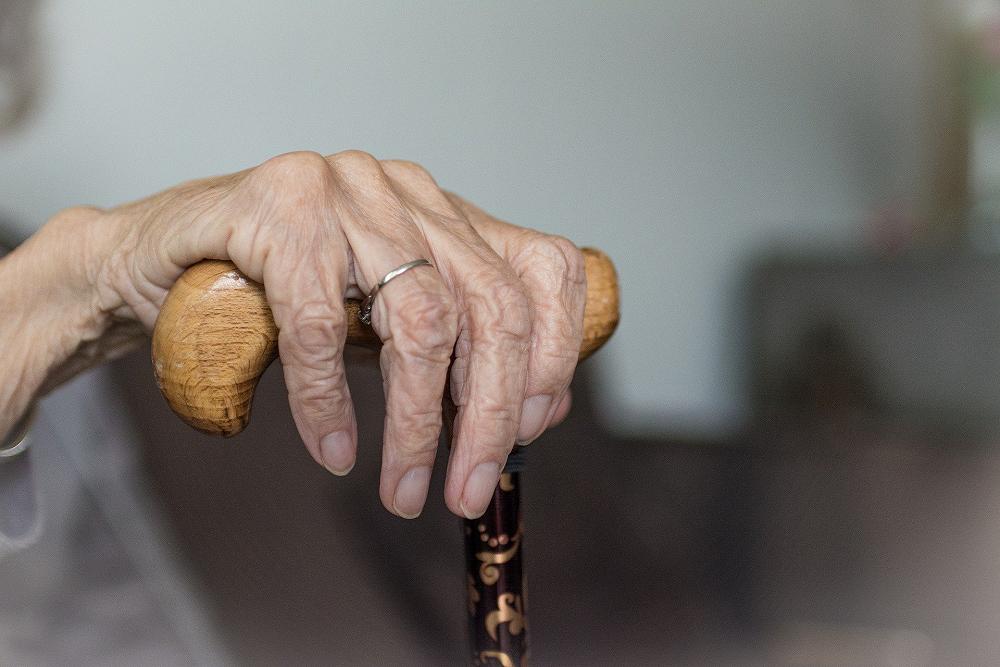
ROTARIANS GETTING THROUGH COVID
Now is the time to reach out to your key community leaders in local government, police, welfare groups, ethnic groups, etc.
Article by PDG Peter Frueh, Assistant Rotary Coordinator
As COVID continues its impact across the world, with new variants emerging, we should consider the impact of COVID on Rotarians and Rotary Clubs across the world and here in Australia. With over 225 million cases and 4.64 million deaths caused by COVID so far (13-9-2021), there have been Rotarians and their family and friends who have fallen ill and some have tragically died. But the impacts are much wider.
Rotary International is a community service organisation, where volunteers contribute their time, expertise and funds to help their community both locally, nationally and internationally.
Rotarians are also members of a club and have friendships within the club and more broadly across the Rotary “family”. One of the key things that Rotarians need to do as we all travel through uncharted times, is to support one another. Many Rotarians in the older age groups are more at risk and some have pre-existing health conditions which means they are extra cautious about risks involved in face-to-face situations. While some will reach out for help, others won’t. Caring members and caring clubs will reach out to club members who might be struggling, as well as their broader Rotary community of ex-members, partners, alumni, volunteers and friends of the club. Often a simple phone call is enough to reassure people they are not alone in this journey.
Most of the clubs in my District (9800) are in the greater Melbourne area, where we have experienced over 200 days of lockdown, to control and prevent the spread of COVID. Most clubs have shown great resilience and flexibility in adapting their operations and projects to suit these changed times. Where we had anticipated a significant disengagement and potential loss of membership through COVID, this hasn’t occurred. Interestingly, review of membership over the last 100 years at RI headquarters in Chicago has shown very minor impacts from even global events like Spanish flu, etc. In fact, challenges bring the community together.
What we are seeing is a range of new community issues emerging in mental health and wellbeing, small business, international students, diverse communities, etc. The need for Rotary International has never been greater. This is a time for clubs to reconsider their priorities. Some clubs have evolved into primarily a fundraising and friendship group, who gives money away to other charities - on an annual basis. Now is the time to reach out to your key community leaders in local government, police, welfare groups, ethnic groups, etc. Ask them what are their most urgent needs and develop a small-scale local project that can be done, when health restrictions allow. Reach out to local businesses for assistance from their networks and customers. Fund raise specifically for the project in a community visible way and once the project is successfully completed, promote the achievements and the role of Rotary.
Now is the time to reassess your own priorities and your club priorities. If you are in a leadership position within your club, why not suggest a club assembly meeting to discuss ideas about what you can do - rather than focussing on what you can’t do. When my own club first started meeting online last year, members noted the savings of not paying for a meal, drink, raffle, etc. So, many donated their savings for a few weeks and with it paid for Oximeters to be provided through a local community partner organisation to isolated at risk older people with pre-existing health conditions.

What could you or your club come up with to help others?
Gallery
